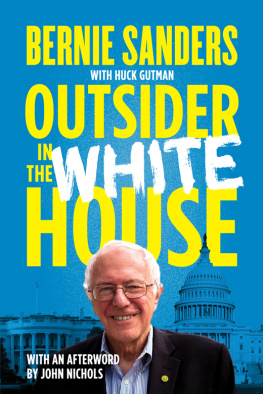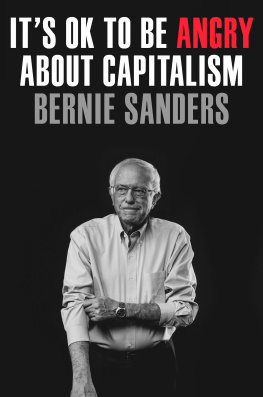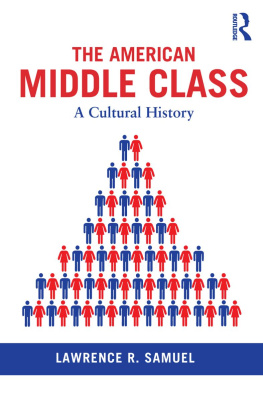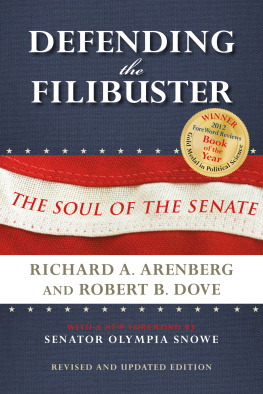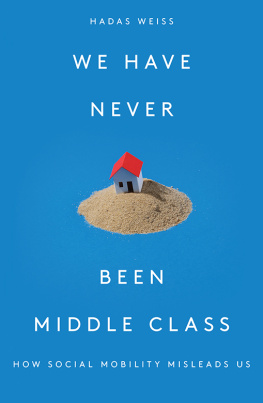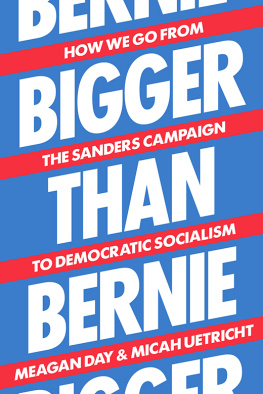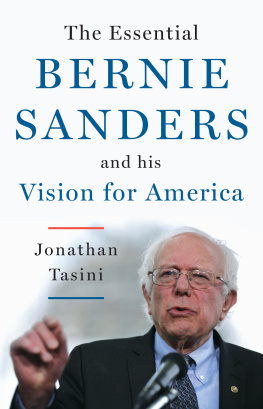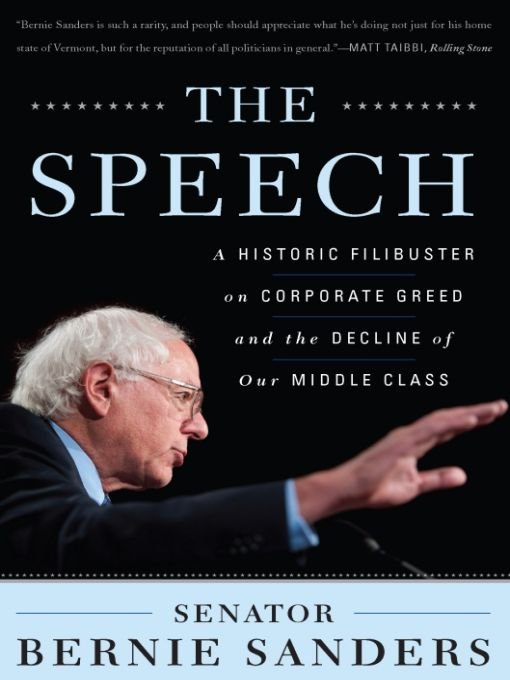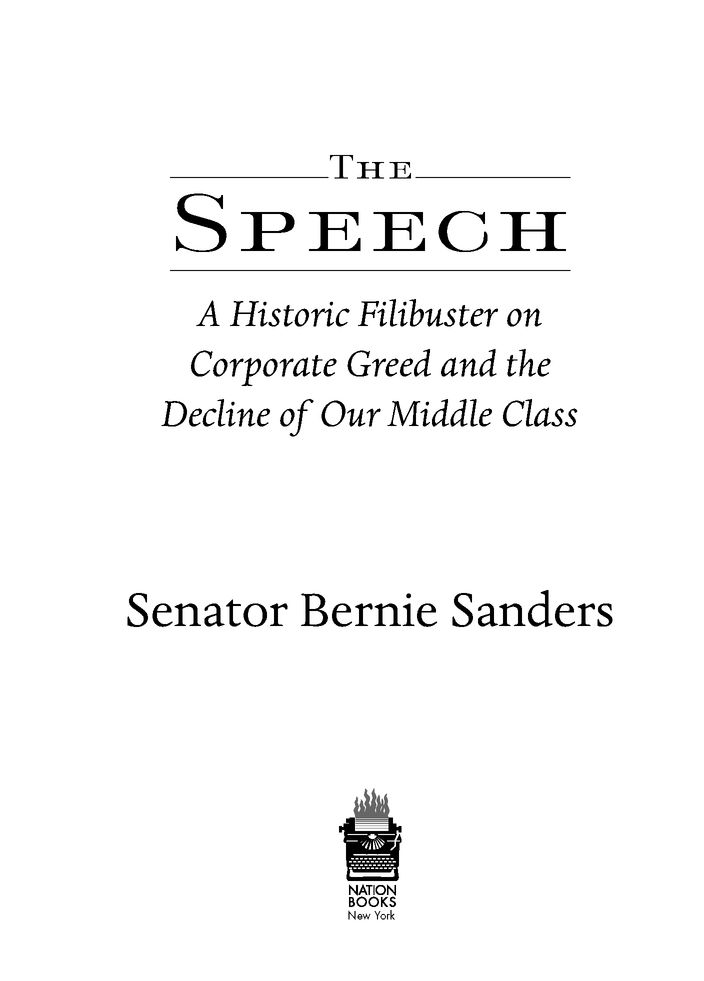Table of Contents
This book is dedicated to my four wonderful children,
Levi, Heather, Carina, and Dave,
and my wonderful grandchildren,
Sunnee, Cole, Ryleigh, Grayson, Ella Jane, and Tess.
May they live long and happy lives in a nation
full of hope, opportunity, prosperity, and security.
Acknowledgments
No United States Senator accomplishes much without a great staff. And I have one of the best. I want to thank all of those staff members, current and in the past, for the help they have provided me in formulating the ideas that appear in this book.
It is seldom that the men and women who work on the floor of the Senate to transcribe what is said and then type their stenographic notes into the text that becomes the official Congressional Record are recognized for their labors. I wish to recognize them here, and to add that the text of my speech contained in this book differs from the Congressional Record only in that some minor factual errors made during the course of my eight-hour speech have been silently corrected, and a half-dozen transitional words have been added to link sentences that made sense orally but not in the written version.
Proceeds
All authorial proceeds of this book will go to charitable, nonprofit organizations in the State of Vermontmostly relating to the needs of children.
Introduction
On Friday, December 10, 2010, I woke up at my usual time, had my usual breakfast of oatmeal and coffee at the Dirksen Senate Building, and then had a typical daily discussion with some of my staff.
At 10:30 a.m. I walked onto the floor of the Senate and began a speech. It turned out to be a very long speech, a modern version of the filibuster. It went on for eight and a half hoursuntil 7 p.m.
There were several reasons why I went to the floor for that speech. First, I had promised to do everything I could to oppose what I believed was a very bad tax agreement between President Barack Obama and the Republican leadership. At a time when this country has a $13.8 trillion dollar national debt and the most unequal distribution of wealth and income of any major country, it seemed to me totally absurd to provide hundreds of billions in tax breaks for millionaires and billionaires. Further, by confirmingunder a Democratic president, a Democratic House, and a Democratic Senatethe basic tenets of Bushs horrendous trickle-down economic theory, this agreement was laying the groundwork for more bad decisions in the future.
Second, more tax breaks for the very rich is only one symptom of an economic and political system that is grotesquely failing the average American. The simple reality is that the middle class of America is collapsing, poverty is increasing, and the gap between the very wealthiest people and everyone else is getting wider. How did this happen? Why did it happen? What can we do about it? These are issues that had to be talked about, and talked about in a way that is not often heard in Washington.
Over the twenty years that I had served in the House and the Senate, I had examined these issuesissues far too often ignored by the corporate media and my colleagues in Congressfrom a wide variety of perspectives. Now was an excellent opportunity to bring them together and make the connections.
What does it mean, morally and economically, that in 2007 the top one percent earned over 23 percent of all income in this country, more than the bottom fifty percent? Or that the top one percent owns more wealth than the bottom 90 percent? Given the enormous political power that goes with this concentration of wealth, in terms of lobbying capabilities, campaign contributions, and media ownership, is the United States on its way to becoming an oligarchic form of society with almost all power resting in the hands of a tiny few?
What does it say about our economy and the political choices we make about it on Capitol Hill that, today, despite all the huge increases in productivity and technology that weve seen in recent decades, a two-income family now has less disposable income than a one-income family did thirty years ago? Why is it that Americans today work the longest hours of any people in the industrialized world?
What is the correlation between the United States having, by far, the highest rate of childhood poverty of any major country while we also have more people in jail? Doesnt it make more sense to invest in our kids than in jail construction?
How does it reflect upon our political and legal system when the crooks on Wall Street who caused this horrendous recession now earn more money than they did before their banks were bailed out by the taxpayers? How come none of them are in jail? And what does the Financial Reform Bill mean when three out of the top four too big too fail banks in this country are now larger than they were before the Wall Street collapse, with assets of over half the GDP of the country?
What does it mean to the economic future of our country that over the last ten years we have lost 42,000 factories and millions of good-paying manufacturing jobs, and that it is harder and harder to buy products manufactured in America? How does it happen that CEOs of large corporations boast about the advantages of outsourcing their production and jobs to China, but when hard times hit, they come running to U.S. taxpayers for a bailout?
And on, and on and on!
What does it feel like to stand and talk for eight and a half hours when you cant leave the floor, eat, or go to the bathroomand know that a TV camera is on you all that time? Its hard. The aftereffect hit me a few days later when I found myself very, very tired. During the speech itself, my legs began to cramp up a bit. My voice also became pretty hoarse.
When I walked on to the floor, I had no idea how long I would stay there. When I was Mayor of Burlington, Vermont, in the 1980s, I sometimes gave speeches for as long as an hour. That was it. Would I last three hours, five hours, twenty hours? I really didnt know. What I was clear about in my own mind, however, was that I wasnt going to read from the phone book or sing songs just to eat up time. I wanted to speak for as long as I had something relevant to say. While I didnt have a prepared script for the speech, I mostly worked off of previous speeches I had given or articles that I had written and occasionally excerpts from some books I had read. I would read a few lines or pages, and go off from there. Twice, colleagues came to the floor and engaged in what we call a colloquy. I remain grateful to Senators Sherrod Brown and Mary Landrieu for their support of my effort.
Let me also warn the good readers of this book that it contains some repetition. That is not an accident. In giving this speech I was more than aware that most people were not going to be listening to it in its entirety. I suspected that most people would tune in for a half hour or an hour and then move on with their lives. I made it a point to keep returning to my basic themes.
Was I surprised about the kind of attention that the speech received? Are you kidding? The phones in both my Washington and Vermont offices never stopped ringing. In Vermont, every one of my eight staff people did nothing else all day but respond to callsthousands of calls. And emails! The Senate television website crashed because of the huge number of people who wanted to watch the speech live, online, and apparently C-SPAN 2 had an exceptional day. According to the


